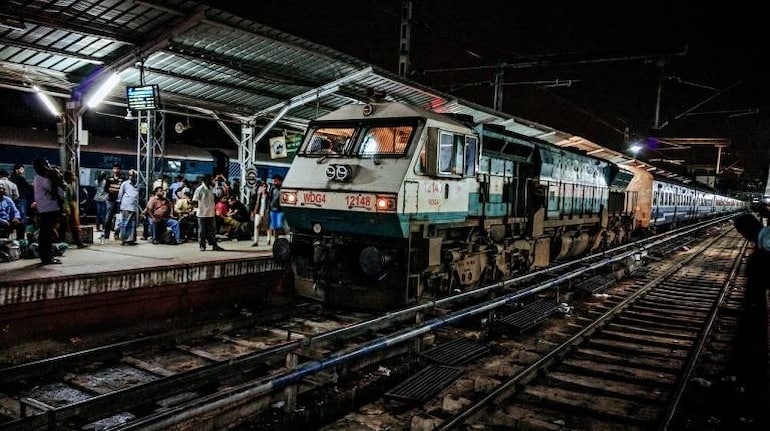



Indian Railways is working to launch a production-linked incentive (PLI) scheme to boost domestic manufacturing of wheels, brakes, and transmission systems for Linke Hofmann Busch (LHB) and Vande Bharat train sets, multiple officials aware of the discussions said.
"Mostly, axles, brake equipment, and wheels for LHB coaches and Vande Bharat coaches are imported from foreign countries and the PLI scheme is being discussed for these components," a senior official from the Ministry of Railways said.
He added that before the COVID-19 outbreak, the Indian Railways had done quantitative studies by working with public sector utilities under the ministry to come up with a plan to reduce dependency on imports; however, these plans had to be scrapped due to the pandemic.
The official also said that the Railway Board is now looking for a more comprehensive study to lower imports that can be implemented by the end of 2023-24.
"The new study will not only help identify how to reduce imports but will also have a roadmap for attracting private investors," the official said.
Another official told Moneycontrol that going by earlier studies, the expected quantum of the PLI scheme is likely to be in the range of Rs 800-1,200 crore and would be spread over three years.
"Based on past analysis, expectations are that around Rs 200-300 crore, each, will be needed to boost manufacturing of wheels, axles and braking systems, and another Rs 200-300 crore will be needed to boost manufacturing of locomotives and track machines," the second official said.
He added that over the past two to three years, the Indian Railways has taken many steps to reduce imports. "If you consider signalling systems, compared to five years ago, now around 85 percent of all signalling system requirements are met by domestic manufacturing," this official said.
Indian Railways will come out with a consultation tender soon to help work finalise the contours of the PLI scheme. As part of it, the central government will offer output-linked incentives for products that are usually imported.
Dependence on importsUntil recently, Indian Railways relied on imports from China or Europe for forged wheels and axles.
To cut some of this import dependence, the railways recently awarded a procurement order for 1.54 million forged wheels to the consortium of Ramkrishna Forgings-Titagarh Wagons.
However, the combine’s new plant is unlikely to begin production before 2024, meaning that the railways will continue to need to import wheels.
“We are looking at countries including Russia, Japan, France, and the East European nations to meet demands till domestic manufacturing increases,” the first ministry official said.
In 2020, Indian Railways placed an order for 6,000 axles from CRRC Datong Co worth $4.47 million. It had placed another order worth $26.7 million with Taizhong Hong Kong International for 60,000 wheels; a $3-million order with CRRC Yangtze Tongling to supply 4,000 axles; and another $10.84-million order with CRRC Datong for 15,000 axles.
In 2017, wheels for Kolkata metro rail coaches were sourced from China’s Taiyuan Heavy Industry Railway. That same year, the railways placed an order for locomotive wheels with France-based MG Valdunes, which were made and shipped from China. The French company (Valdune Group) was acquired by Maanshan Iron and Steel Company, a Chinese steel major.
The railways also continued to import a small portion of its requirements of highly specialised components for its locomotives, coaches and signalling telecom equipment as these were not available in adequate quantity and quality domestically, according to the national transporter’s annual report.
Discover the latest Business News, Sensex, and Nifty updates. Obtain Personal Finance insights, tax queries, and expert opinions on Moneycontrol or download the Moneycontrol App to stay updated!
Find the best of Al News in one place, specially curated for you every weekend.
Stay on top of the latest tech trends and biggest startup news.